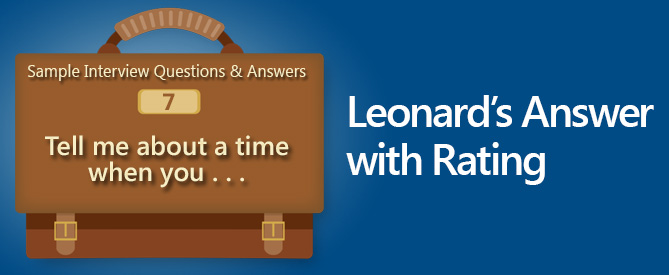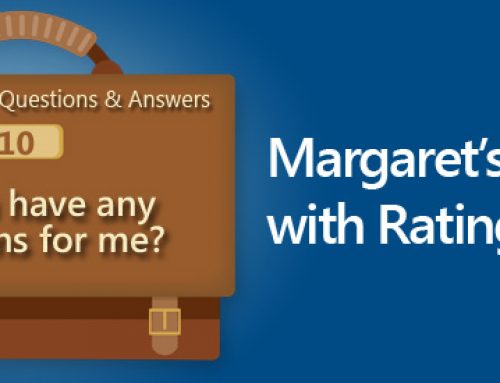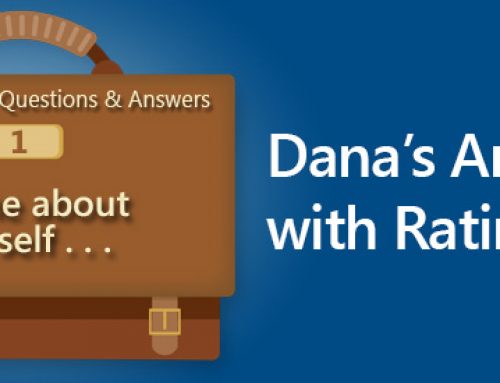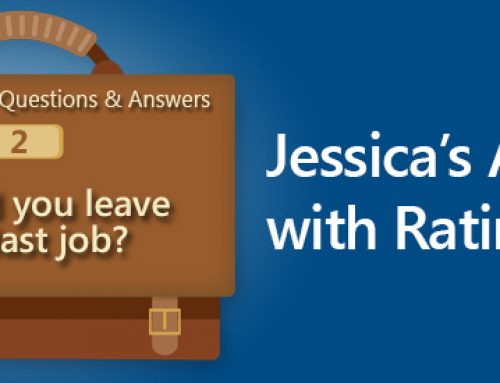 (Who is Leonard? Leonard – Non-Profit Leader with 25 years experience seeking Executive Director role)
(Who is Leonard? Leonard – Non-Profit Leader with 25 years experience seeking Executive Director role)
Terry: Leonard, I’m actually going to let you come up with your own scenario and situation. Tell me about a specific instance in your career that was typically memorable.
Leonard: I would say — going way back in my career and having done direct service with young people — the ones that standout are when you’ve reached a young person who is struggling with their life. Whether they were abused, having mental health issues or addiction issues and you were able to work with them to get them the resources and the support so they could turn their life around.
I remember way back when I was working in Boston, I was working with a young woman who already at age 19 had two children and had dropped out of school. We got her into a GED program and then an LPN Program. I remember telling a funder . . . She said we funded you to support 100 of people like this and you only work with 12 or 15.
I remember saying wasn’t it worth it? The fact that 10 of the 15 that we work with are no longer on public aid, they’re now back in school and functioning members of society.
Those are the memorable ones, when we can really reach those young people who were high-risk young people going down the wrong path and we could turn their lives around and make them productive members of a community.
Terry: Yes, that’s true. I’m just curious, what was the funder’s response?
Leonard: She laughed. She got what I was saying. I put money into it. I said you gave us $100… whatever it was…$100,000 to work with these 100 children and I said turning this one young woman’s life around saved the state and those two children, because she’s now a nurse.
So, the likelihood is that those kids are not going to ever be on welfare or public aid. They’re going to grow up and get through high school. We not only affected this one young woman’s life, we affected her two children’s lives. We’re talking about we saved a lot of money over the long run, just from that one family, so I did it that way. Then she got it and she was like okay, you’ve convinced me.
Terry: Wow.
Leonard: It was also a learning lesson to be more proactive with my funders and to be able to tell them upfront hurdles that we were having either in recruiting or to turn these young people’s lives around we needed to be more intense and therefore we had to work with less rather than more.
Here’s how I would rate this answer . . .
Q7. Tell me about a time when you . . . – LENNY QUICK RATING – C
Didn’t give you a great question setup, in other situations you would have more to tell about what you specifically did in the middle and remember to tell the end of what happened and what benefits there were. Your lessons learned section was great.
This Guide will help you with samples and complete how to answer training for even more questions you face in your job interviews.






